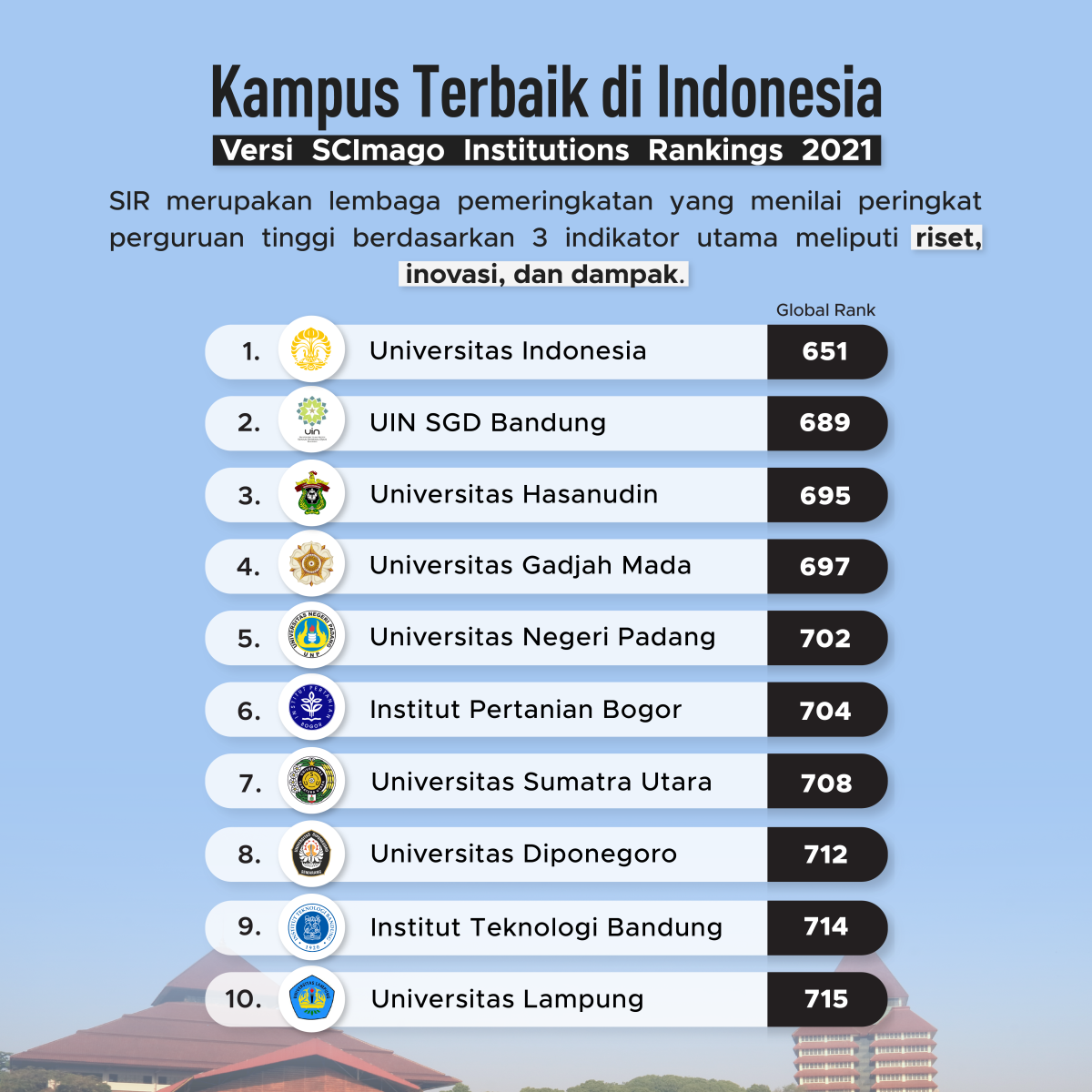A transmissible

본문
A transmissible that spreads like a virus may sound like part of the plot of an apocalyptic movie - but it is a reality in the animal kingdom.

A study published last week found two strains of an ancient form of leukemia-like cancer that has been spreading silently among shellfish for centuries.
The transmissible tumor cells float freely in the water like microscopic bacteria before being taken up by clams, multiplying and pertamina university replicating in their host before escaping to attack others.
This mode of spread is , which pick up cancer cells when they bite and fight each other, and in dogs that pass it from one another through mating.
Contagious cancer has been considered a fluke in the natural world, occurring in a limited number of animal species. But the latest discovery in shellfish raises the possibility that there are more forms of cancer like it out there that pose a potential threat to humans.
As far as scientists know, only in extremely rare circumstances can cancers be passed on in humans.
For example, there have been a handful of cases of during pregnancy.
Researchers from the UK, Spain, France, Poland, Belgium, Portugal, Norway, and Korea sampled nearly 7,000 cockles at 36 locations from 11 countries and genetically sequenced 61 cockle tumors.
They were then able to show two different strains of a transmissible leukemia-type cancer
Researchers sequenced genetic data for cockles, a clam-like mollusk, and tumor cells inside them that had permeated their gills and circulated through their bloodstream, before killing their hosts and traveling through the water looking for their next victims
The latest research sequenced tumor genes sampled across 7,000 cockles, edible mollusks similar to clams, at three dozen locations across 11 countries including Spain, Portugal, the UK, Ireland, and Morocco between 2016 and 2021.
The type of cancer specifically is bivalve transmissible neoplasia (BTN), which enters through the gills and spreads throughout the mollusk's circulatory system.
British and European researchers led by Dr Adrian Baez-Ortega, a biologist at the UK's Wellcome Sanger Institute mapped out the DNA of entire cancer cells as well as the animals harboring them in order to pinpoint the hundreds of thousands of genetic mutations that have occurred over hundreds of years.
Through tracking the cancerous tumor cells' genetic transformation, the researchers discovered wild inconsistencies that suggest this type of cancer in mollusks is unlike any other transmissible cancer in animals.




댓글목록0
댓글 포인트 안내